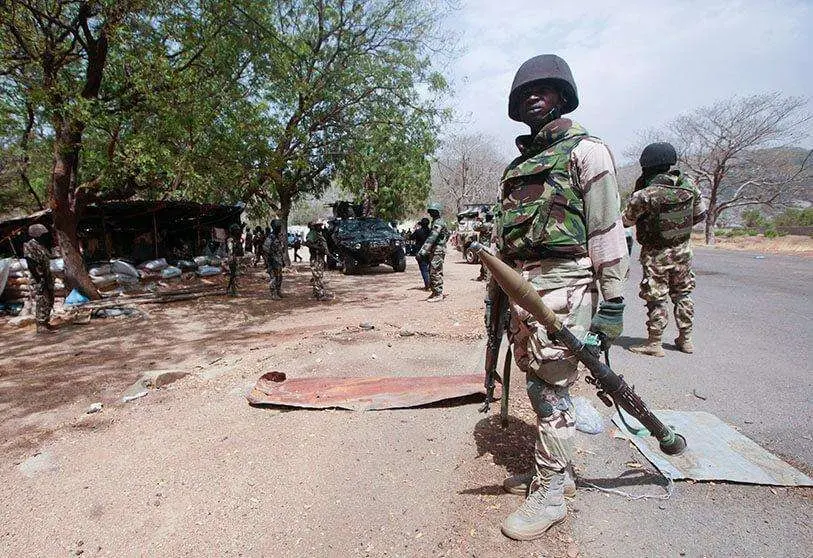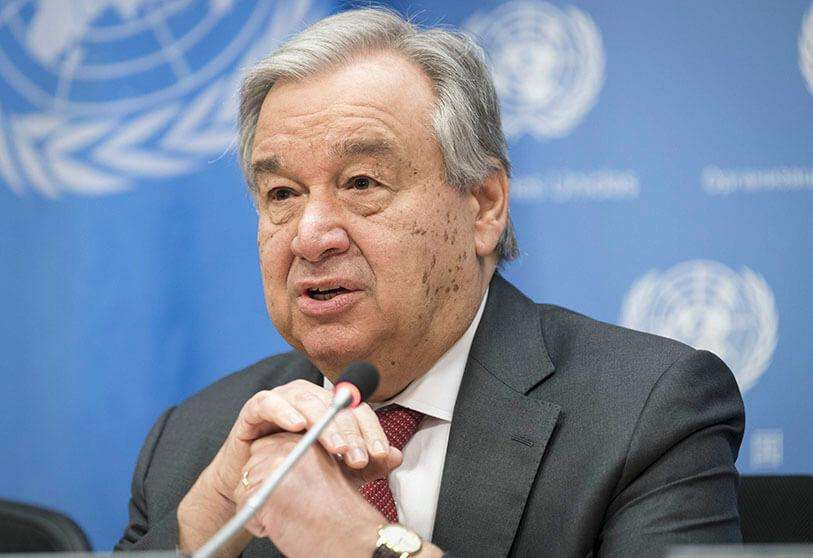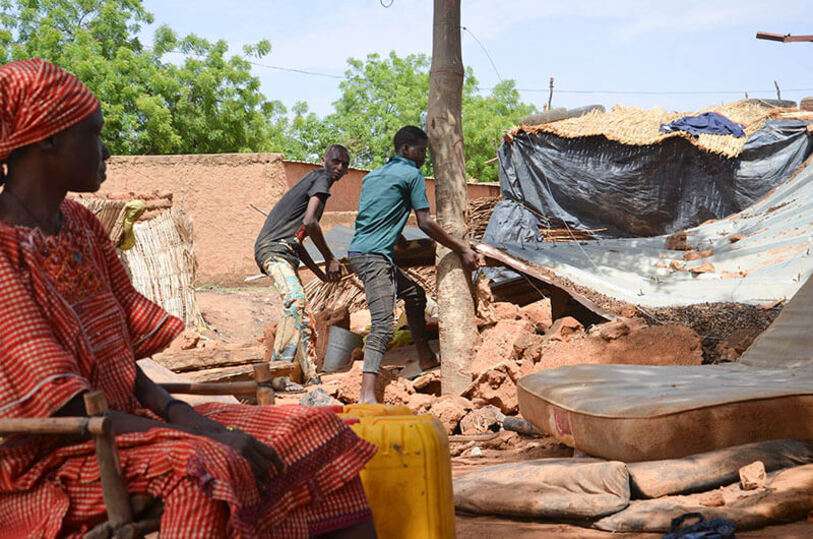Alarming expansion of jihadism in the Sahel

Terrorist attacks have multiplied since the beginning of the year in Niger. Last week, 58 people, including six children, were killed in the Tillabéri region on their way back from a local market. Last Sunday, terrorism struck again in the African country. 137 people were killed in Tahoua, a border area with Mali. The terrorists organised three simultaneous massacres in three villages: Intazayane, Bakorate and Akifakif. On the same Sunday, Niger's Constitutional Court announced the victory of Mohamed Bazoum in the presidential elections held last February. Bazoum has promised to fight insecurity and tackle threats from the jihadist group Boko Haram.
UN Secretary-General António Guterres also condemned this "heinous attack by unidentified gunmen against civilians". He urged "Sahel countries to continue their efforts, in close collaboration with regional organisations and international partners, to address these serious threats to security and stability in the region and beyond". UNHCR has also expressed its condemnation and concern over the massacres of recent days, adding that it "is assessing needs and preparing to assist affected people with medical care and to provide protection services". UNICEF Director Marie-Pierre Poirier noted that children between the ages of 11 and 17 were among the dead. “The increase in armed violence in the central Sahel region is having a devastating impact on the survival, education, protection and development of children", said Ms. Poirier.

After defeating jihadist groups in the Middle East such as Iraq and Syria, jihadism has gained strength in the Sahel region. Spain, like the European Union, is taking into account this dangerous expansion of jihadism in the region. Julio Herráis España, the Spanish ambassador to Spain on Special Mission for the Sahel, believes that we must be attentive to the actions that are taking place in the Sahel and not let our guard down. "We are in the crosshairs of several terrorist organisations," he warns. The Foreign Ministry has also expressed its concern about the critical situation in the area and "its commitment to the fight against terrorism in the Sahel region. Cristina Gallach, Secretary of State for Foreign Affairs, pointed to the "extraordinary growth" in recruitment of jihadists on social networks during the covid-19 pandemic. She also stated that jihadist terrorism continues to be one of the main threats to international security, and to Spain in particular. France is another country that looks with concern to the Sahel region. Since 2014, French soldiers have been fighting terrorism in the area under the Barkhane mission. France also wants to involve the US in the Sahel. Emmanuel Macron announced in a recent meeting at the Atlantic Council think tank that the US and France are working in the region. “In the coming months, our partnership with the US in Sahel both on security but as well on development issues will be absolutely critical", Macron said. This will mark a shift in US foreign policy, as this area and Africa in general was irrelevant during the Trump administration.

Niger is not the only country in the region that has to fight terrorism; Mali has also experienced an increase in jihadist attacks in recent months. According to the International International Observatory for Terrorism Studies (OIET), Mali suffered the highest number of terrorist attacks in the Western Sahel area last February. Contrary to Niger, most of the attacks in Mali have targeted military personnel. In that month 18 soldiers were killed and 36 wounded. In another attack on a military base, terrorists managed to take control of these military installations. In January, two French soldiers were killed by an explosive device. These soldiers belonged to the French Barkhane force.
Some of the factors causing the spread of radicalisation in the region are the disastrous measures taken by the region's governments in terms of religious fanaticism and the bleak economic situation in which most of the Sahelian countries find themselves. There is also great concern in coastal areas such as the Gulf of Guinea, where jihadist militias may ally with piracy-related groups








